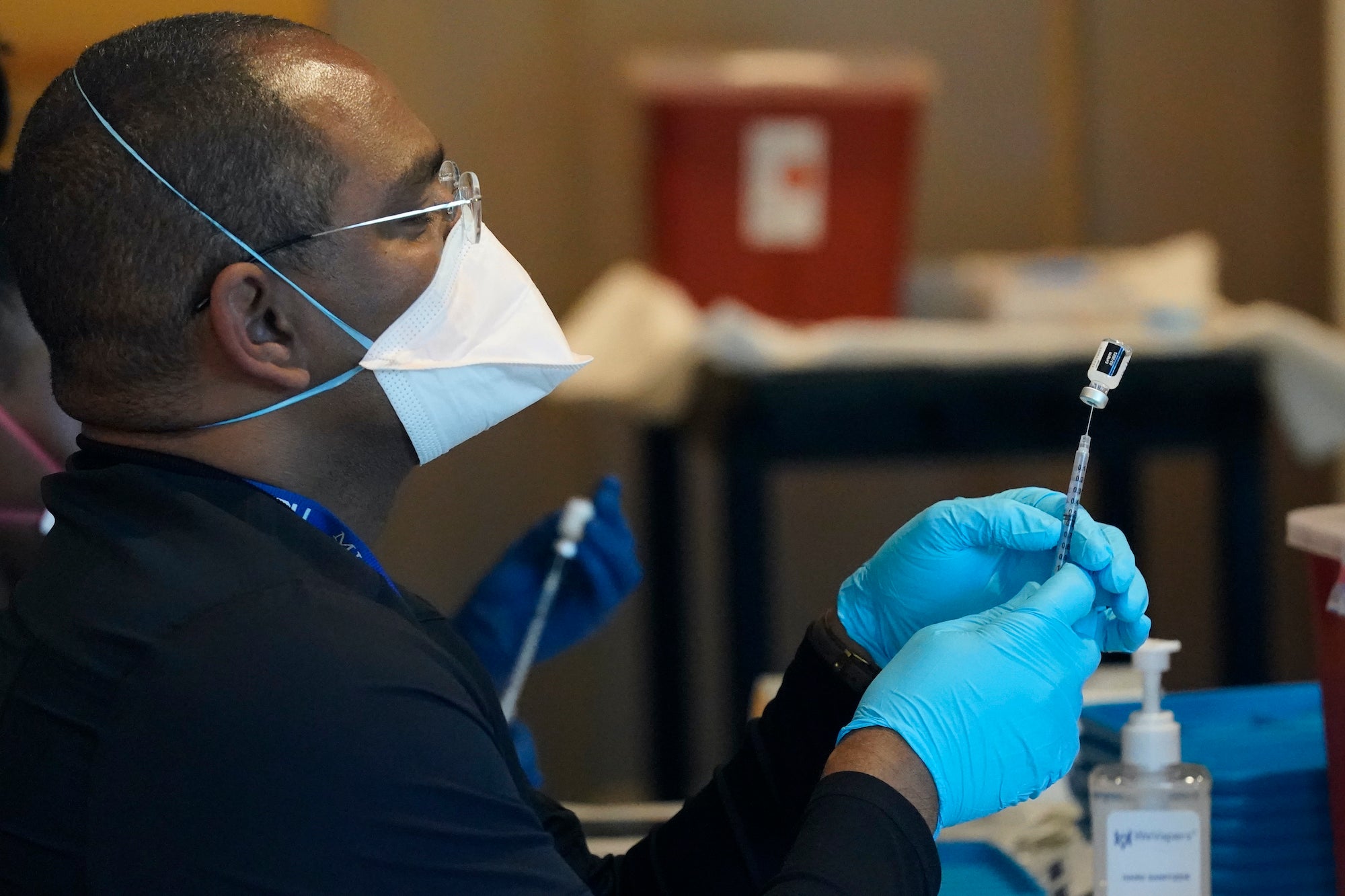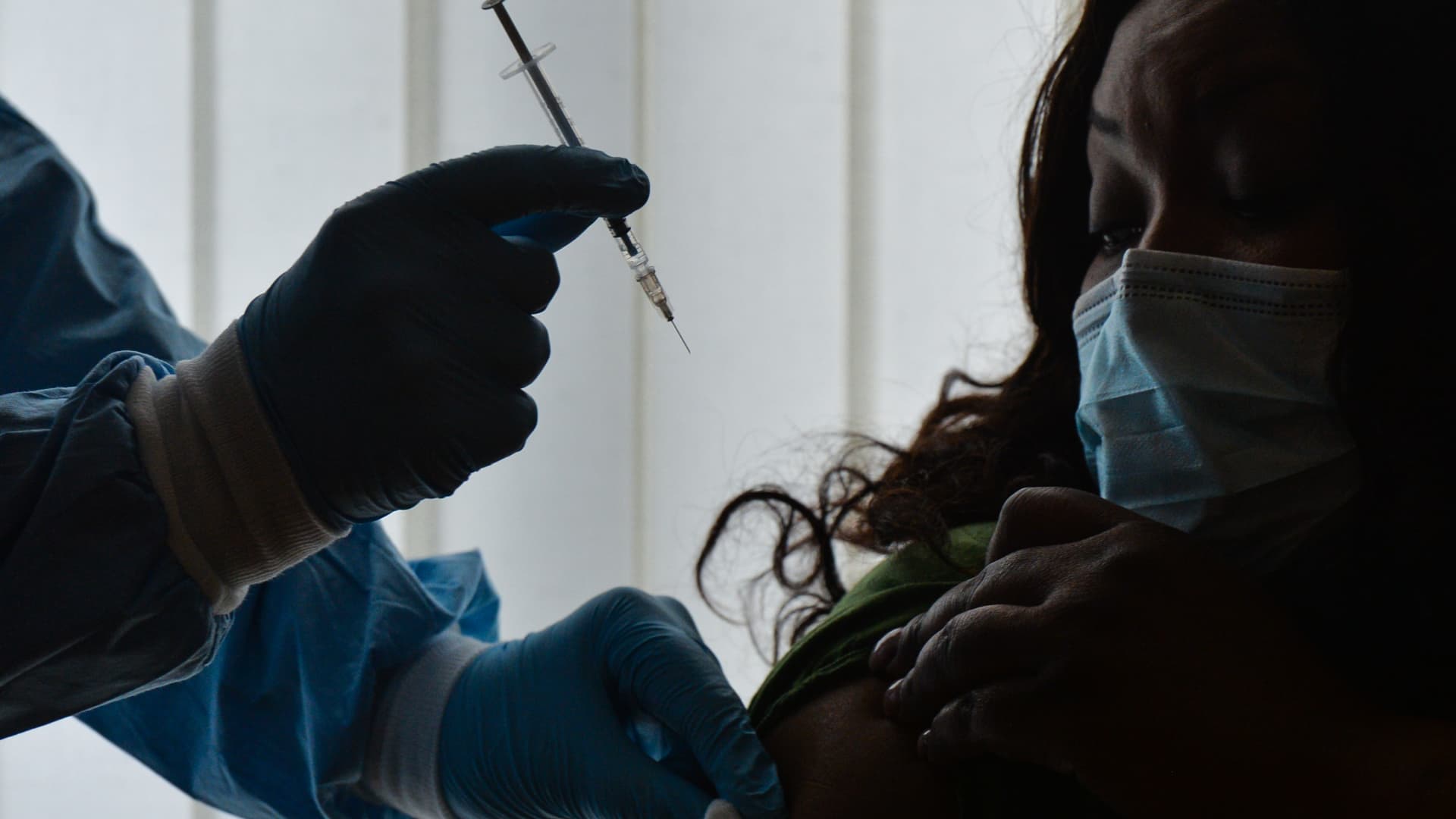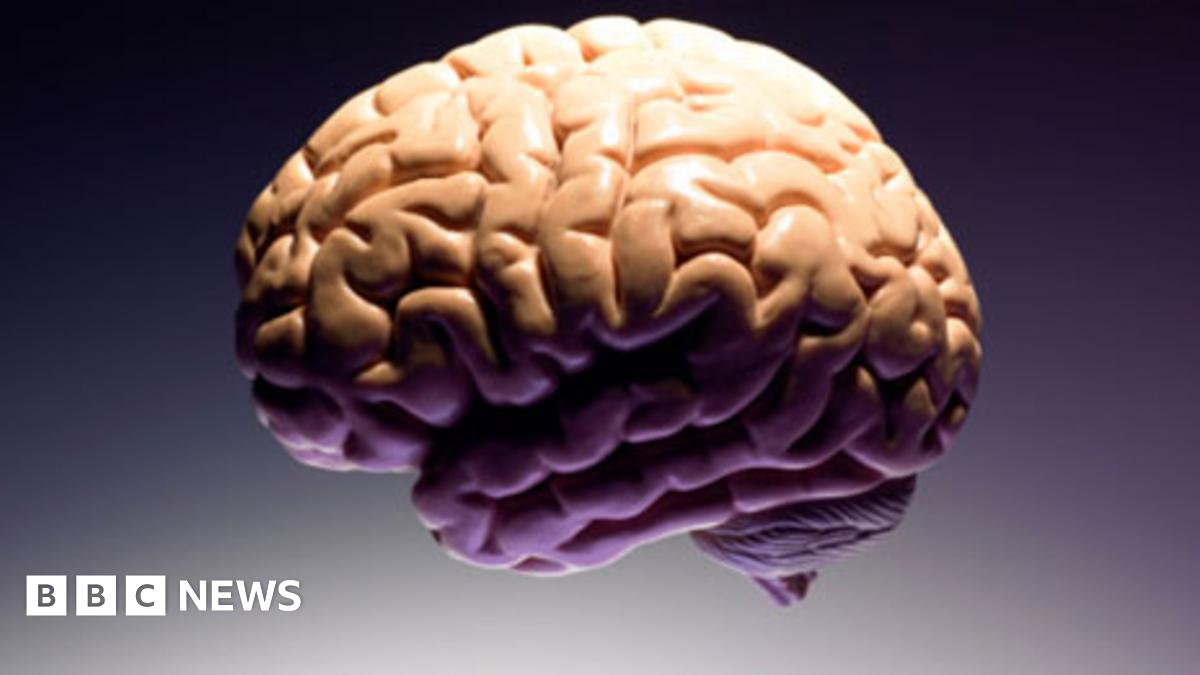Originally posted by Kung Wu
View Post
Coming at me on logical tangents is a mistake.
I will now call you Mr. Herd.
No, Covid-19 doesn't have to be eradicated, but there has to be a stability in community immunity (at an "effective level") which as of this point in time, has not been demonstrated. In fact, exactly the opposite has been demonstrated.
Do you ever read the quotes that I post? I mean, it's in black and white from some of the foremost infectious disease experts in our country. :(








Comment